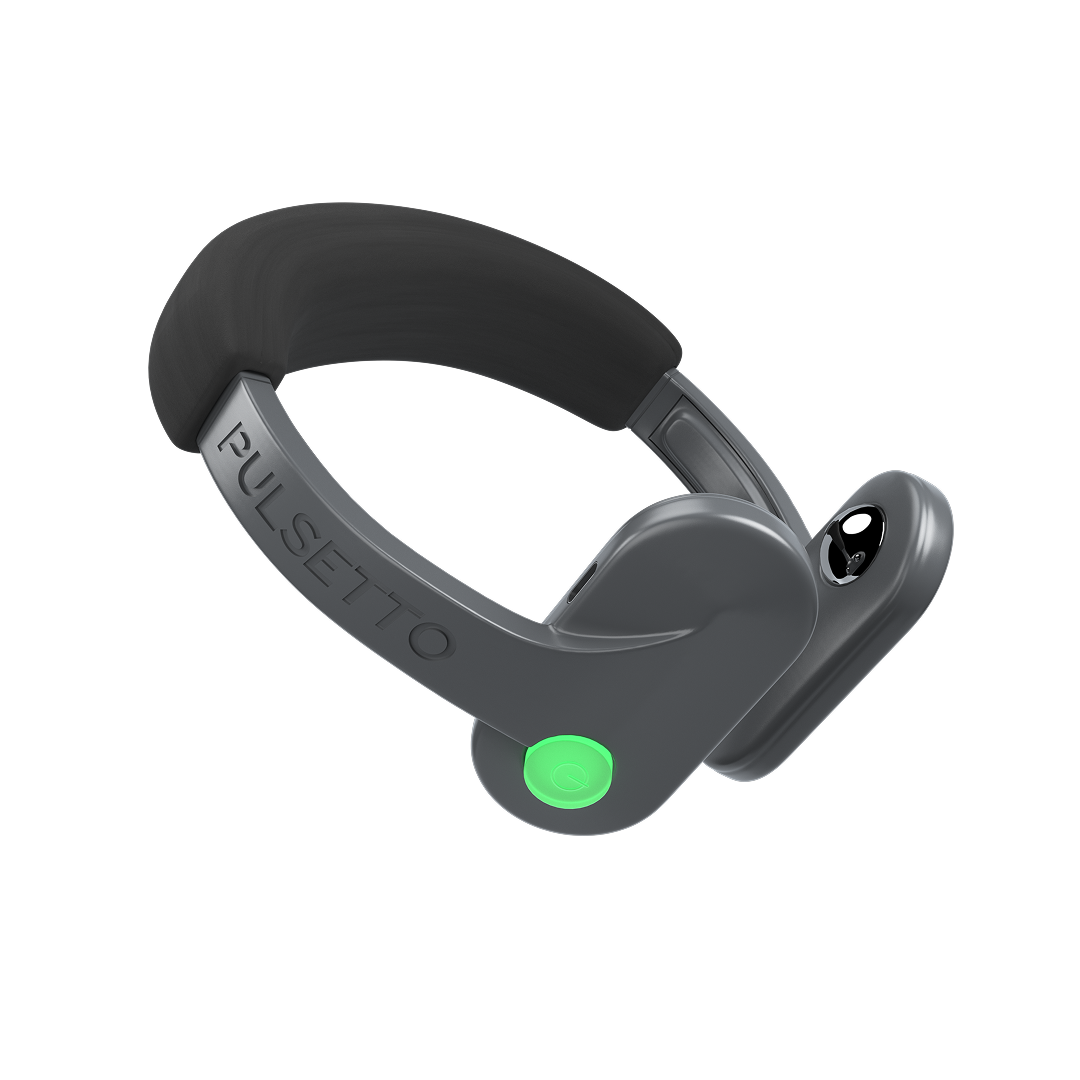Key Takeaways
- The vagus nerve plays an important role in digestion and gut health.
- Common symptoms of vagus nerve dysfunction include bloating, nausea, and a feeling of fullness.
- Vagus nerve exercises and non-invasive treatments can help alleviate bloating.
- Stimulation of the vagus nerve can enhance gut motility and reduce inflammation.
- The Pulsetto device, designed to stimulate the vagus nerve, facilitates relaxation in under 10 minutes.
Can a Damaged or Overactive Vagus Nerve Cause Bloating?
Understanding the Vagus Nerve's Role in Digestion
Bloating, a common and frustrating issue, often points to digestive system troubles, with the vagus nerve playing a surprisingly significant role. This nerve acts as a communication path between the brain and digestive tract, and if it's damaged or malfunctioning, it can lead to various digestive problems, including bloating.
An overactive vagus nerve slows down digestion, causing constipation and bloating, while a damaged or underactive one fails to properly signal stomach muscles, leading to food lingering in the stomach longer than it should, and resulting in bloating.
|
Pulsetto: Revolutionary Vagus Nerve Stimulator Reduce stress and anxiety in just 4 minutes with Pulsetto, the innovative vagus nerve stimulator designed to biohack your parasympathetic nervous system. Clinically proven and FCC certified, Pulsetto has helped 86% of users feel calmer and less anxious within two weeks. Rated 4.5/5 by over 20,137 customers. Enjoy benefits like free worldwide shipping, a 30-day money-back guarantee, a 2-year warranty, and recyclable materials. |
Identifying Symptoms of an Impaired Vagus Nerve
Here are some signs to look out for:
- A feeling of fullness even after eating small amounts of food
- Unexplained weight loss or gain
- Stomach pain or nausea
- Constipation or diarrhea
- Heartburn or gastroesophageal reflux (GERD)
If you're experiencing these symptoms regularly, it might be time to take a closer look at your vagus nerve.

Vagus nerve stimulation can reduce bloating by improving gut motility and easing digestive discomfort.
Impact of Vagus Nerve Dysfunction on Gastrointestinal Health
Besides bloating, a malfunctioning vagus nerve can lead to a range of gastrointestinal issues. Because it controls the release of digestive enzymes and stomach acid, any disruption can affect the entire digestive process. This may result in poor nutrient absorption, altered gut motility, and even changes to your gut bacteria—factors that can contribute to a feeling of bloating and discomfort.























































